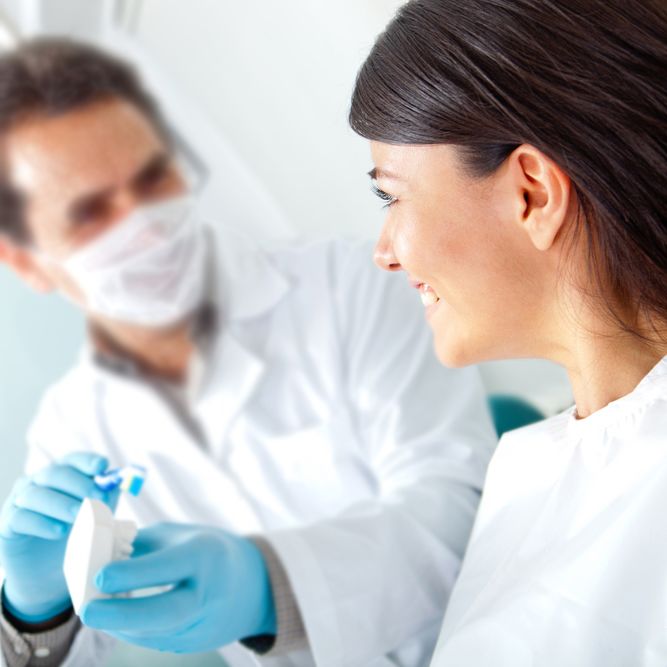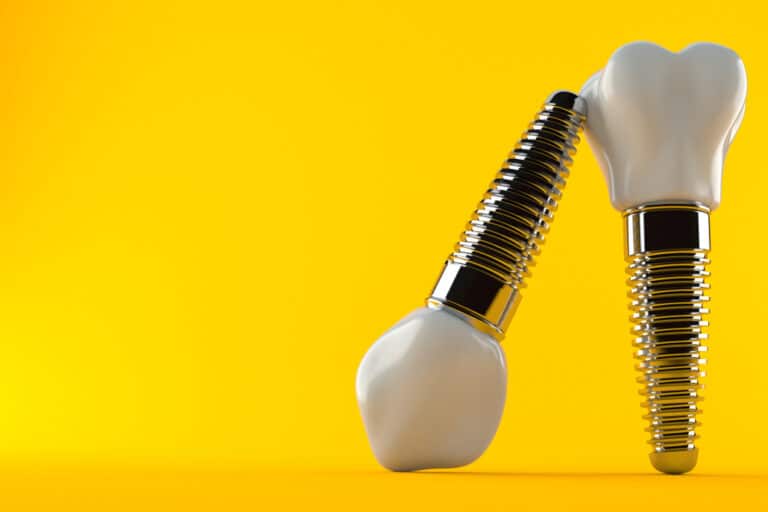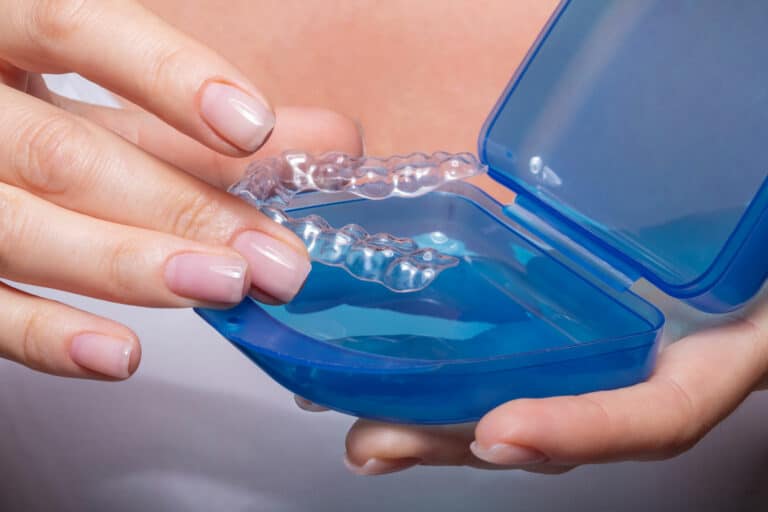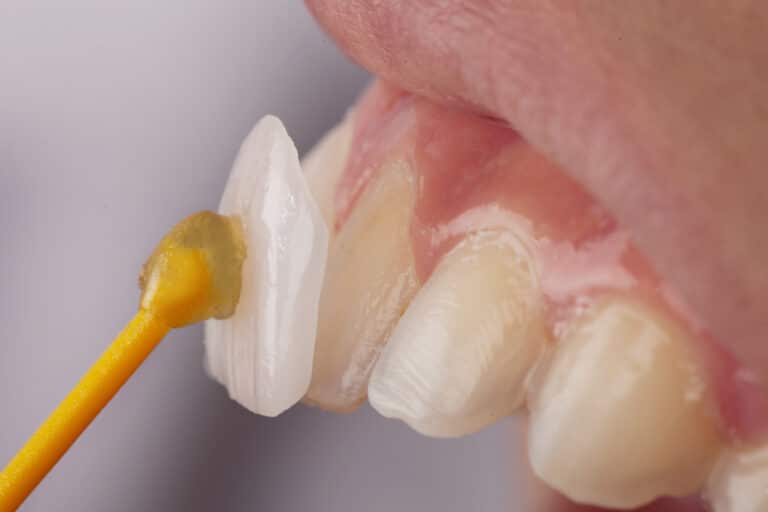The American Dental Association (ADA) recommends routine dental exams and cleanings once every six months. Many people suffer from dental anxiety and avoid scheduling these routine appointments out of fear. Others miss out on regular dental exams and cleanings because they don’t understand the need for a dental exam if nothing is “wrong.”
Routine dental exams and professional hygienic cleanings are essential to preserving oral health and avoiding advanced dental complications. The dentists at Astoria Dental Group, which serves patients from Queens, NY, Long Island, NYC, and surrounding areas, help people understand the benefits of routine dental exams and cleanings, and why they should be a priority.
Promotes Good Oral Health
Routine dental exams and cleanings are an essential part of any good oral hygiene routine. The checkups are a good reminder to keep up regular brushing and flossing, and a great way to maintain healthy teeth and gums. Dental exams and cleanings also identify any potential problems and are a great place for people to ask questions about good oral hygiene habits and proper cleaning techniques.
Reduces the Risk of Cavities, Gum Disease, and Other Dental Problems
Cavities, gum disease, and most other oral health problems are caused by bacteria, which are attracted to sugars, starches, and food particles that collect around the teeth. Bacteria leads to the formation of plaque and tartar – the hard, sticky substance that is not easily brushed or flossed away with at-home oral hygiene practices. Professional hygienic cleanings rid the teeth of plaque and tartar to minimize the risk of cavities, gum disease, and other dental problems.
Allows for Early Detection and Treatment of Dental Complications
People who practice the best oral hygiene practices and maintain a schedule of routine dental exams and cleanings may still develop the occasional cavity or experience some other minor dental problem.
Dental cavities, gum disease, and other dental problems are progressive conditions, meaning that they start small and continue to advance without diagnosis or treatment. The benefit of regular dental exams and cleanings is that they allow issues like these to be diagnosed early on – before they turn into more advanced dental complications. With early diagnosis and treatment, most dental problems can be treated without causing any significant damage to the teeth or gums.
Saves Time and Money on Dental Treatment
Routine dental exams and cleanings allow for early diagnosis, which means that the treatments necessary to repair dental damage are often minor. For example, a cavity that is detected while it is still small may be treated with dental bonding or a filling, which are minimally invasive procedures that are relatively fast and affordable. In contrast, cavities that go undetected for extended lengths of time are likely to require an inlay, onlay, or dental crown, which are lengthier, more invasive, and more costly dental treatments.
The same is true of other dental problems; the longer they go without treatment, the likelier it is they will require more time and money to be adequately treated.
Contact Us
Preventative dentistry services such as routine dental exams and cleanings preserve oral health and minimize the risk of advanced dental complications. If you are due for a cleaning or exam, we encourage you to contact Astoria Dental Group and schedule an appointment at your earliest convenience. Your smile will thank you!




